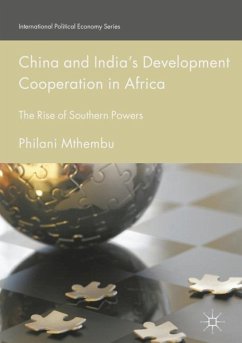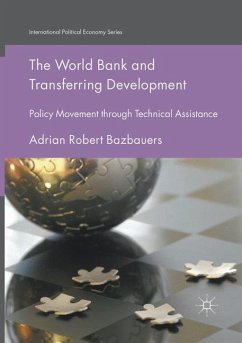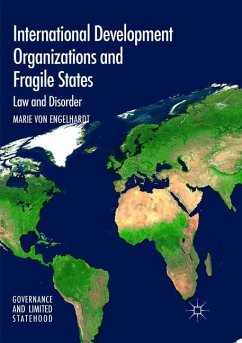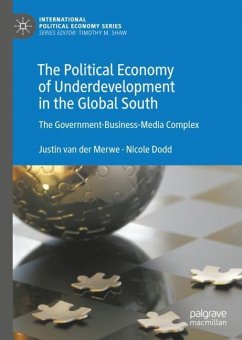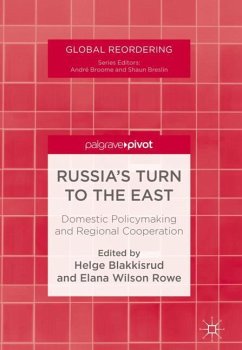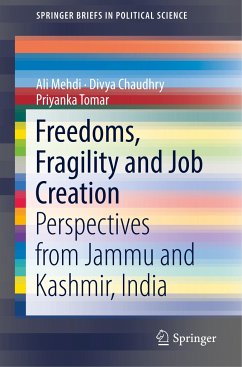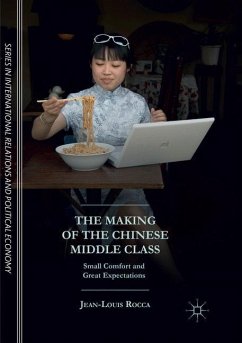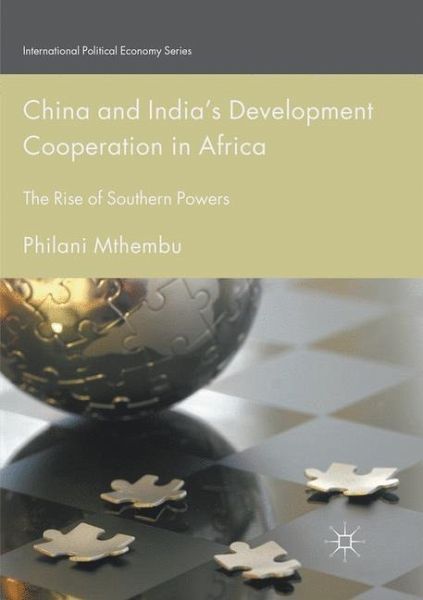
China and India's Development Cooperation in Africa
The Rise of Southern Powers
Versandkostenfrei!
Versandfertig in 6-10 Tagen
65,99 €
inkl. MwSt.
Weitere Ausgaben:

PAYBACK Punkte
33 °P sammeln!
Explaining the determinants of China and India's development cooperation in Africa cannot be achieved in simple terms. After collecting over 1000 development cooperation projects by China and India in Africa using AidData, this book applies the method of qualitative comparative analysis (QCA) to understand the motives behind their development cooperation. Mthembu posits that neither China nor India were solely motivated by one causal factor, whether strategic, economic or humanitarian interests or the size of their diaspora in Africa. China and India are driven by multiple and conjunctural fac...
Explaining the determinants of China and India's development cooperation in Africa cannot be achieved in simple terms. After collecting over 1000 development cooperation projects by China and India in Africa using AidData, this book applies the method of qualitative comparative analysis (QCA) to understand the motives behind their development cooperation. Mthembu posits that neither China nor India were solely motivated by one causal factor, whether strategic, economic or humanitarian interests or the size of their diaspora in Africa. China and India are driven by multiple and conjunctural factors in providing more development cooperation to some countries than others on the African continent. Only when some of these respective causal factors are combined is it evident that both countries disbursed high levels of development cooperation to some African countries.





